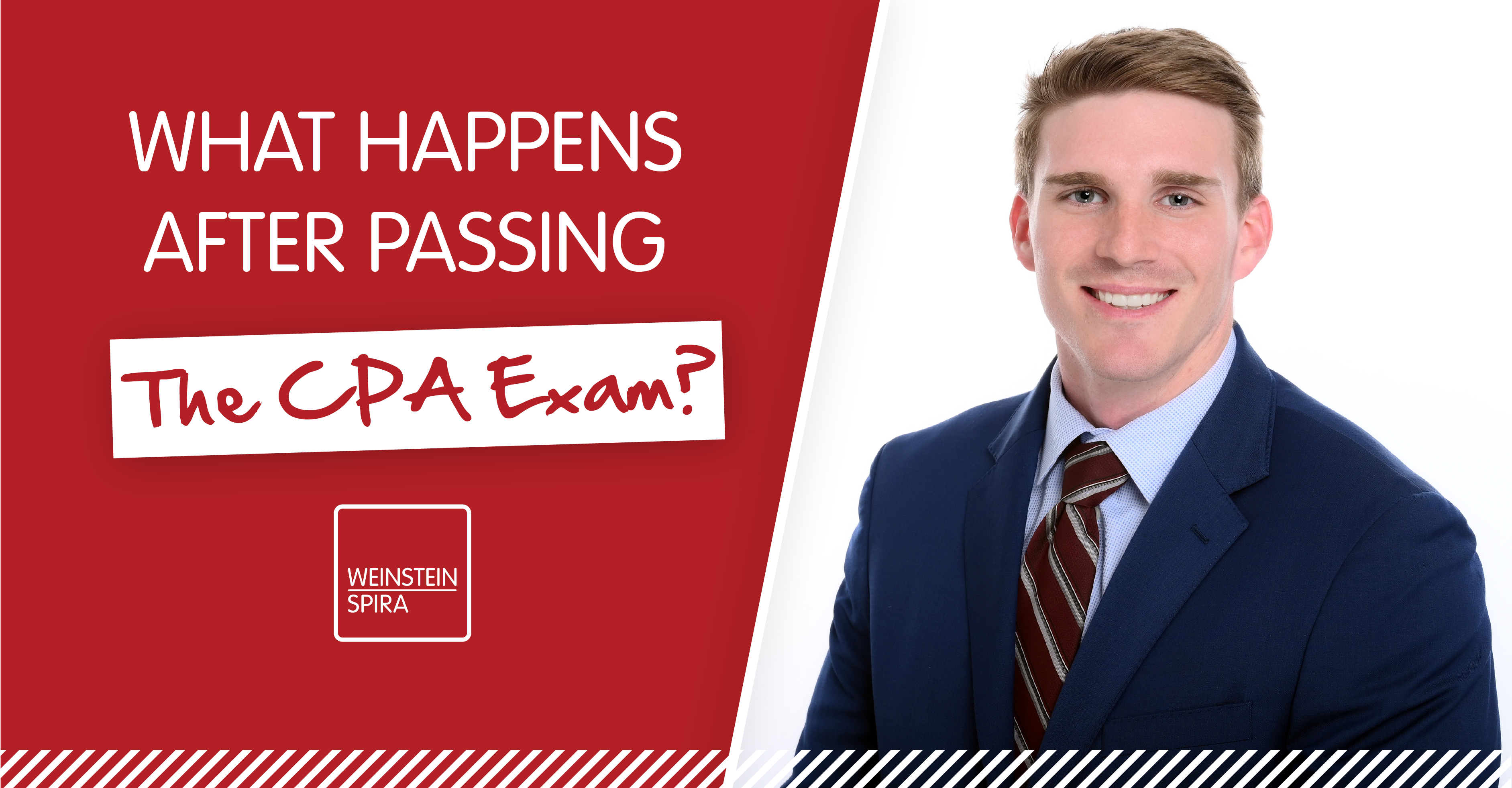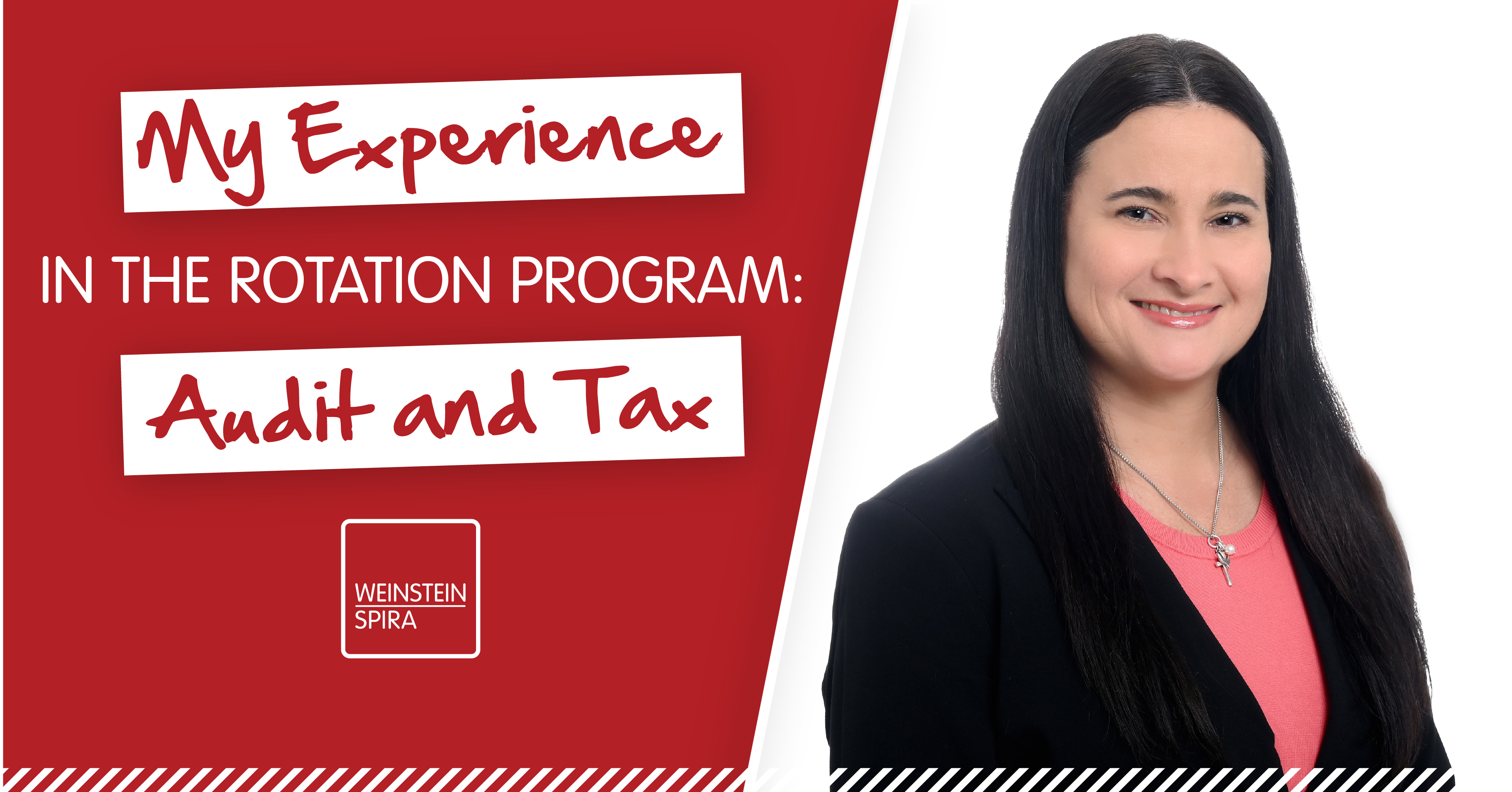Congratulations on passing the CPA exam! Now, what’s next? Fortunately, you have completed the hardest part of becoming a certified public accountant, passing the exams. Now follows the legal process to adding those three major letters after your name. In this blog, we will go through the seven major steps needed to officially become a Texas CPA.
1. Comply with the Fingerprint Process
The Texas State Board of Public Accountancy requires that each person who submits an Application for Issuance of the CPA Certificate and who has also not previously submitted fingerprints to the Board comply with this process. Additional information may be found on the Board’s website.
2. Meet the Work Experience Requirements
The Public Accountancy Act requires one year of work experience. Candidates are required to work under the supervision of a CPA. Work experience can be obtained through full or part time employment, but all must be non-routine accounting work.
- Full time work experience requirements: The Texas State Board describes full time as 12 calendar months of full-time employment.
- Part time work experience requirements: Candidates must work at least 2,000 hours under the direct supervision of a licensed CPA within two consecutive years, and the candidate must work at least 20 hours per week on a continuous basis until they have satisfied the 2,000-hour requirement.
- Non-routine accounting work: Includes attest services, professional accounting services, or professional accounting work that requires independent judgement and the application of entry level professional accounting knowledge and skills.
Candidates must submit documentation regarding their work experience with their application for issuance of the CPA certificate. There are three required documents:
- A work experience form. This must be completed for each employer by each CPA supervisor who is verifying your experience. Candidates will complete the top portion of the document containing name, social security information and control number. This document should be completed by the employer where the candidate obtained their work experience.
-
- Click here to view the Texas State Board Work Experience Form.
2. A statement of CPA experience prepared and signed by the CPA that directly supervised the candidate during the applicable time frame.
3. A job duties document completed by the employer in which the candidate obtained the applicable work experience. If you worked with multiple employers, you will want to complete your own document per position, detailing programs and methods used. In my case, I ended up using my resume as a template and edited it to only include my accounting experience.
3. Complete a Four-Hour Ethics Course on the Texas Rules of Professional Conduct
The ethics course must be board approved.
- Click here to view a list of board approved ethics course providers.
This course must be completed no more than six months prior to your Texas CPA Certification. Upon completing the course, the candidate should print their certification of completion. If you have a TXCPA membership, they offer an approved ethics course.
4. Complete and Notarize an Oath of Office
Print and complete the oath of office provided by the Texas State Board of Public Accountancy. The oath is required to be notarized. You will fill out this form in front of the notary.
- Click here to navigate to the oath of office form.
5. Complete the Application for Issuance of the CPA Certification and Pay the Certification Fee
Upon completing all sections of the CPA exam, candidates will receive a form to complete the application for issuance of the CPA certification in the mail. Candidates will use this form to update any changes that have occurred since filling out the application of intent. You will also be required to pay the Issuance of CPA Certificate fee by check or money order, and it should be made payable to the Texas State Board of Public Accountancy. Make sure to double-check the spelling before leaving the bank.
Along with the application, you will need to mail all the above-mentioned documents in order to move on to the next step. The application may take up to a couple of weeks to be processed, so be on the lookout for the approval email.
6. Pass the Examination on the Rules of Professional Conduct
Once the Texas State Board has received all mailed documentation, the board will review the submitted documents. You will be emailed a link to the examination on the Rules of Professional Conduct after you submit your Application for Issuance of the CPA Certificate, and your work experience is approved. This is an “open book” exam; however, it must be completed and returned within 48 hours of receipt. The passing score is 85%. Should you receive a score of less than 85%, you will be provided a re-examination at a later date.
7. Pay the Annual License Renewal Fee
Upon passing the examination on the rules of professional conduct, candidates will receive an email from the licensing division of the Texas State Board of Public Accountancy which provides a link and license number to pay the annual license renewal fee. Most candidates will receive this email within two weeks of passing the ethics exam. In addition to paying the licensing fee, candidates are required to fill out an affidavit. This document is completed online and is not required to be mailed. Please note that candidates will use the same link to pay the licensing fee and fill out the affidavit.
Upon completing these steps, candidates will officially become a licensed CPA the following day! Once again, congratulations on your huge achievement! All the studying and sacrifices made will be worth it. The entire process from passing the exam to being officially certified will take about a month, maybe more if you still need to work on your experience or education requirements. We hope this helps anyone looking to become a CPA!



